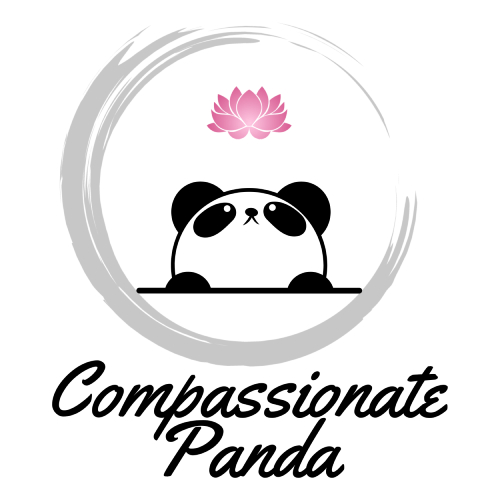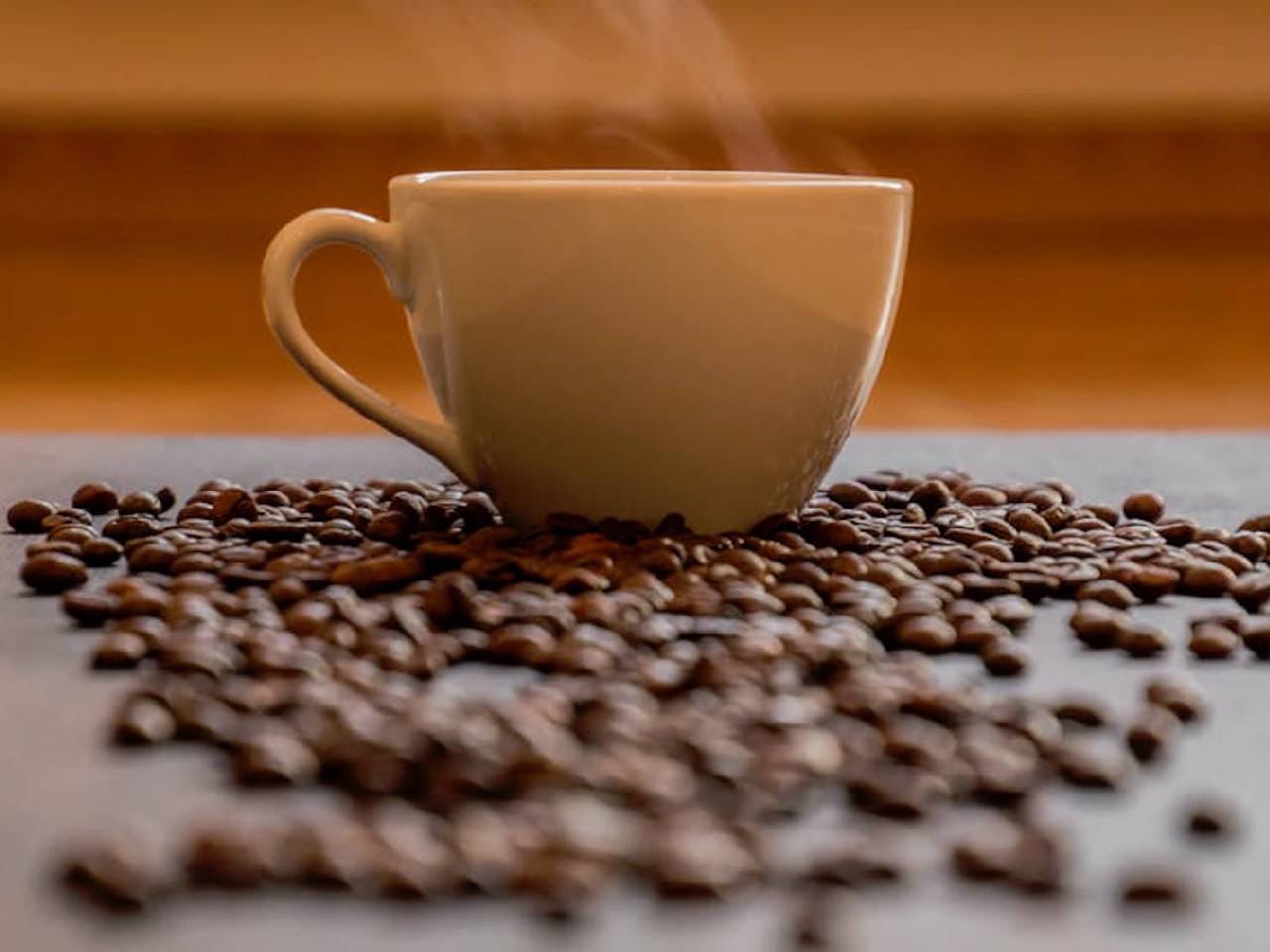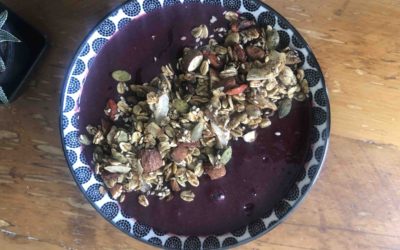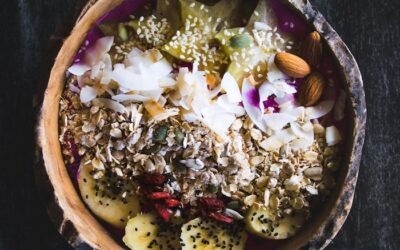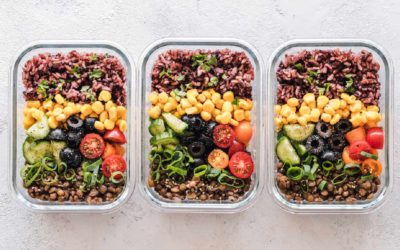Why I originally gave up coffee
Several years ago I gave up drinking coffee. It wasn’t intentional, but more a by-product of having a nasty respiratory virus that had me feeling awful for several days. During that time the last thing I wanted was to drink coffee, so I suffered the caffeine withdrawal headaches every day instead.
After going without my one or two a day black coffee fix for a week, I considered whether I wanted to return to my habit. I had never considered two a day being much of an issue, but maybe it was. I certainly had to consider what coffee meant to me and whether I wanted to addict myself again—because it was an addiction. And one that came with physical repercussions when I stopped, which is never a good thing.
So I pondered the question of “to drink or not to drink coffee?” and the answer was “no”—at least not straight away.
So, for a time, my 12-year flirtation with the dark, sultry, wonderfully aromatic bean came to an end. And you know what? I felt pretty good! But not in a self-righteous “I don’t do coffee” kind of way, but in a “my energy levels are so much better” kind of way. There were no energy peaks and troughs during the day. I liked feeling more steady overall.
I also liked avoiding the caffeine jitters
While one a day is usually fine, sometimes a second had me feeling a bit ‘jittery’. Even a single shot meant my speech got faster and my usual restlessness sometimes hard to overcome. Indeed, regular coffee drinkers can become quite numb to any jitters bought on by their caffeine ‘hit’—or perhaps, like me, it was only really an issue if I had a second or got served a double shot unexpectedly. That said, I’ve met people who can drink far more than this as they have become used to it—or maybe they are much faster caffeine metabolisers so feel less of an impact. I’m not sure they are lucky though, as the impact of caffeine is still felt physiologically regardless of who you are. If you don’t believe me, try stopping for a week, then have a coffee and see how amped and jittery you can get and you’ll know what I mean.
Caffeine is hard on your body
Most people know that caffeine is a physical stimulant—but you may not be aware that it increases adrenaline levels and, therefore, is a form of physiological stress on your body. It’s also got a roughly 6-8 hour half-life, meaning it takes this long for half the caffeine to be metabolised, then another 6-8 hours to metabolise the remaining half, and so on, and so on. Which means, if you drink more than one shot, you have a lot of caffeine in your system all day and you don’t get rid of nearly enough of it before you’re adding in some more. No wonder people get anxious or agitated sometimes—just from the ongoing (or increasing) stimulant effects.
But, despite knowing all this, I loved the ritual of coffee and its aroma and bitter taste. So after a while, I fell ‘off the wagon’ and started drinking it once more…and got addicted all over again.
But this year I stopped again, because I just don’t like the idea of my body being dependent upon a stimulant. And I went through the caffeine withdrawal once more. But the difference this time was I managed it with green tea and decaf—both of which have much lower levels of caffeine in them—no headaches for me this time!
I’ve found my peace with decaf
Nowadays I drink a single decaf most days, but can also skip it and it’s no big deal. I used to hate the idea of decaf, but the simple fact is I like the taste of coffee—and the ritual of making it. I still drink it black and unsweetened for the most part—I enjoy its bitterness. And decaf gives me an option I can live with whilst avoiding any potential energy swings I can do without.
I’m aware that decaf contains 3-7mg caffeine per cup, but this is on par with a cup of green tea so I’m ok with that. Also, if I skip a few days, I notice no ill-effects so my body seems to also be ok with my choice. One thing I am particular about is only drinking water extracted decaf as this uses no chemicals—minimising toxins where possible is important to me.
So, similarly to many of my life lessons, I have found a ‘middle path’ that works for me that has minimal negative impact. I’m getting better at doing that.
I still get to choose ‘proper’ coffee when I’m after caffeine
One of the best things about not drinking ‘normal’ coffee daily is every once in a while I can choose to have one and exploit the lift and focus that caffeine gives me—I treat this as a herbal when I do so, for a specific purpose and not as an ongoing habit.
I’ve done this three times in the past six months, always when I have a substantial piece of work to get through. I’ve found that making a full-strength coffee on these occasions gave me good mental focus for a few hours—enough to get what I needed to done, or a good chunk of it. To qualify this—on each occasion I was feeling fatigued for a variety of reasons. They weren’t my typical days. As such, I am grateful I had a relatively simple solution for those moments and the following day I just went back to my normal decaf (or maybe not) daily ritual.
That said, on one of those days I found myself awake far later than usual…the caffeine still impacting my system late into the night. But it was worth it to get those particular projects done—I consider it a strategic choice. One more powerful than a shot of ginseng!
What’s your relationship to caffeine?
What can you take from this? Well, if you often feel anxious, fatigued, or have peaks and troughs in your energy levels throughout the day, it may be time to assess your caffeine consumption. Are you someone who frequently turns to coffee for a ‘lift’ in the morning or afternoon, or perhaps both? This is a sign that the relationship is unhealthy and may be more detrimental than you realise.
Remember, any more than a couple of shots and this stimulating (and actually physiologically quite stressful) little bean can be a bit of a trickster—actually robbing you of the consistent energy you may be after.
But, if you are reluctant to make too many changes, try swapping your afternoon coffee for green tea instead and see how your energy levels are affected. In my experience, energy can become more stable—making a big difference to your day and ability to unwind in the evening. Try it and see how you go—you may be surprised to find that you have better energy levels the less coffee you drink rather than the other way around.
